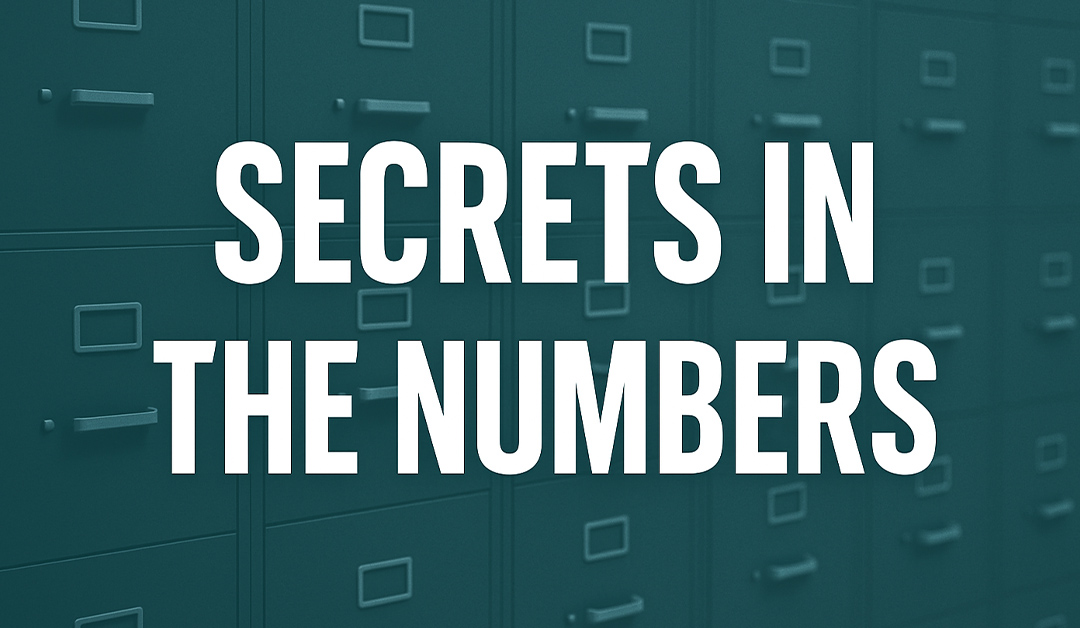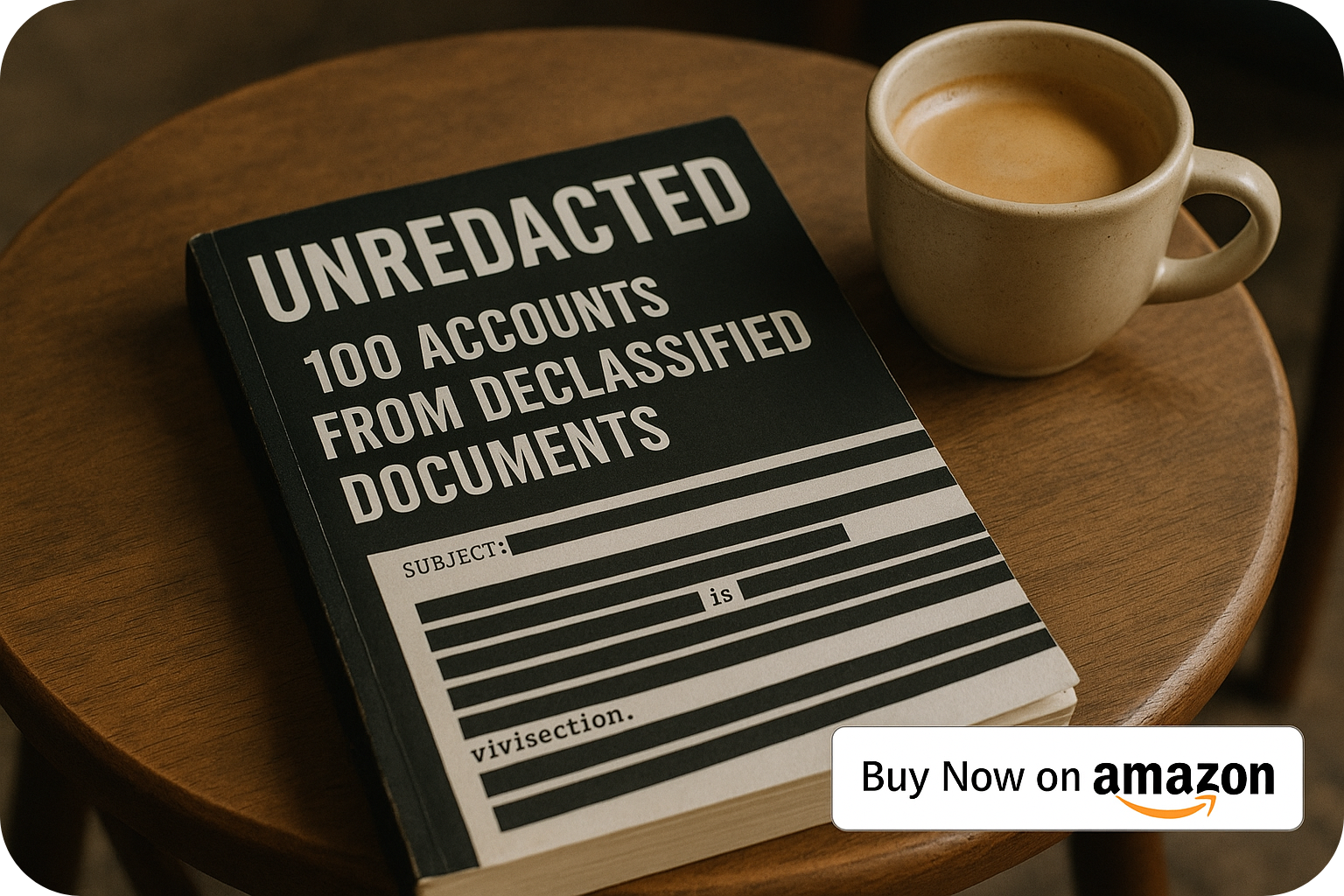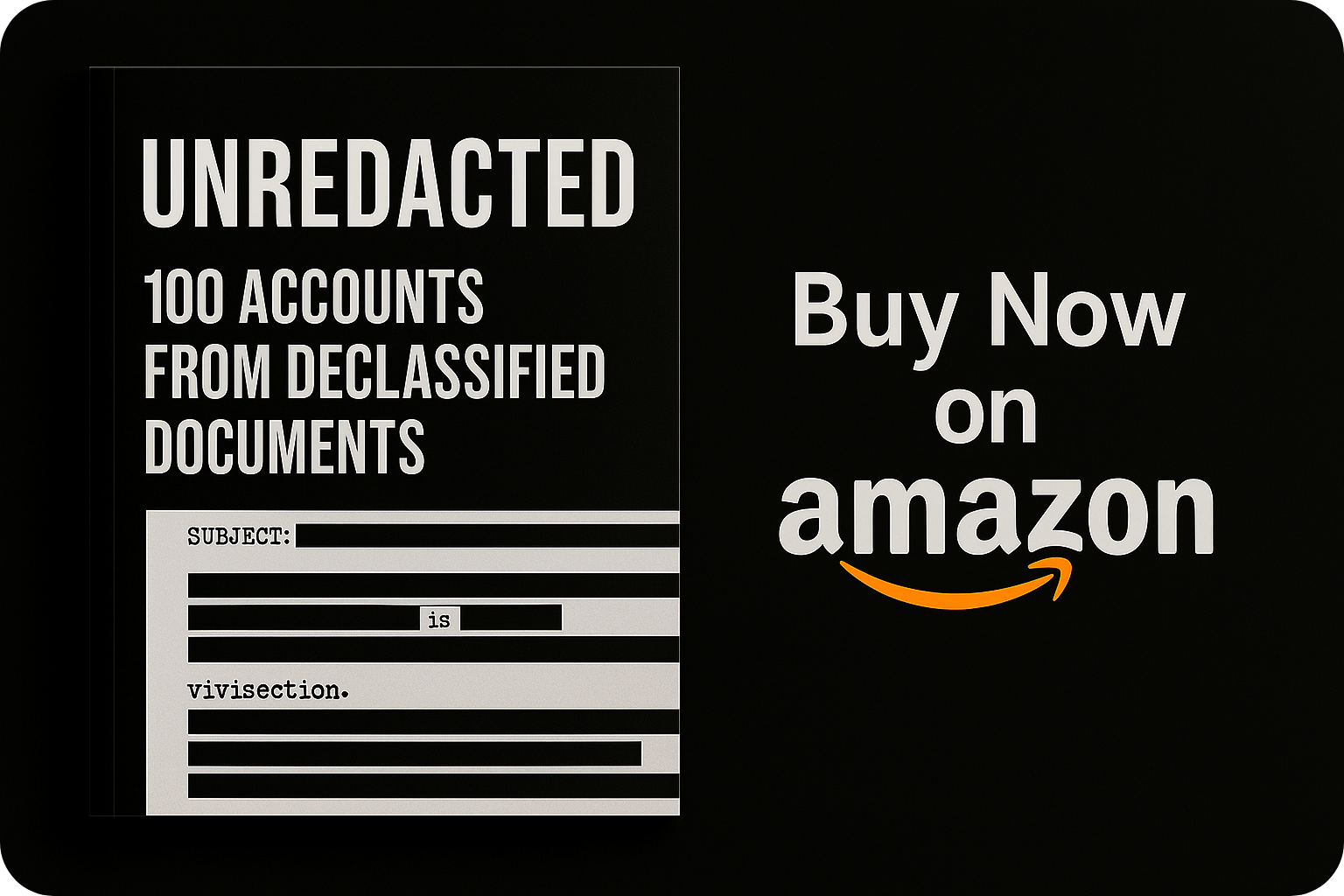A little-known document titled "Confidentiality of Federal Statistical Records Act" reveals how, in the early 1980s, U.S. intelligence agencies, led by the CIA, resisted legislative efforts to make government-held data more accessible.
The document outlines the CIA’s objections to a proposed bill aimed at standardizing confidentiality protections for federal statistical records.
Behind the bureaucratic language is a sharp tug-of-war over privacy, transparency and the protection of intelligence methods.
"The Act may impair the ability of agencies… to withhold sensitive data from unauthorized individuals."
🕵️♂️ Intelligence Agencies Push Back
The proposed Act would have granted the public more rights to access government-held statistical information while preventing misuse of personal data.
But the CIA viewed the language as legally dangerous-potentially eroding long-standing protections for data gathered under intelligence programs.
Specific objections included:
-
Weakened authority to deny access to intelligence-linked data
-
Legal ambiguity that could expose classified methodologies
-
Insufficient exemption language to protect national security interests
The CIA made clear: its concerns weren’t hypothetical. The wording of the bill risked opening legal pathways for sensitive disclosures.
"The proposed exemptions are not broad enough to prevent unintended compromise."
🧾 Bureaucratic Language, Real-World Impact
Though framed as a statistical regulation, the Act touched core issues of Cold War intelligence:
-
Could a researcher request anonymized CIA data and trigger legal scrutiny?
-
Would court challenges force agencies to defend refusals to share data?
-
Could future administrations reinterpret confidentiality clauses?
The CIA’s internal review flagged all of these as serious operational risks.
In its annotations, the agency advocated for stronger, explicit carve-outs for any data tied to covert activity, even if statistical in nature.
🛡️ Guarding the Data Gate
This document is a snapshot of a broader Cold War reality:
As information became more valuable, agencies like the CIA fought not just to gather it, but to control who could see it.
The confidentiality of statistical records wasn’t just about protecting citizens’ privacy.
It was about defending the infrastructure of secrecy that underpinned intelligence work in a time of deep geopolitical tension.
And for the CIA, that meant opposing a bill that-however well intentioned-might have cracked open doors better left shut.






